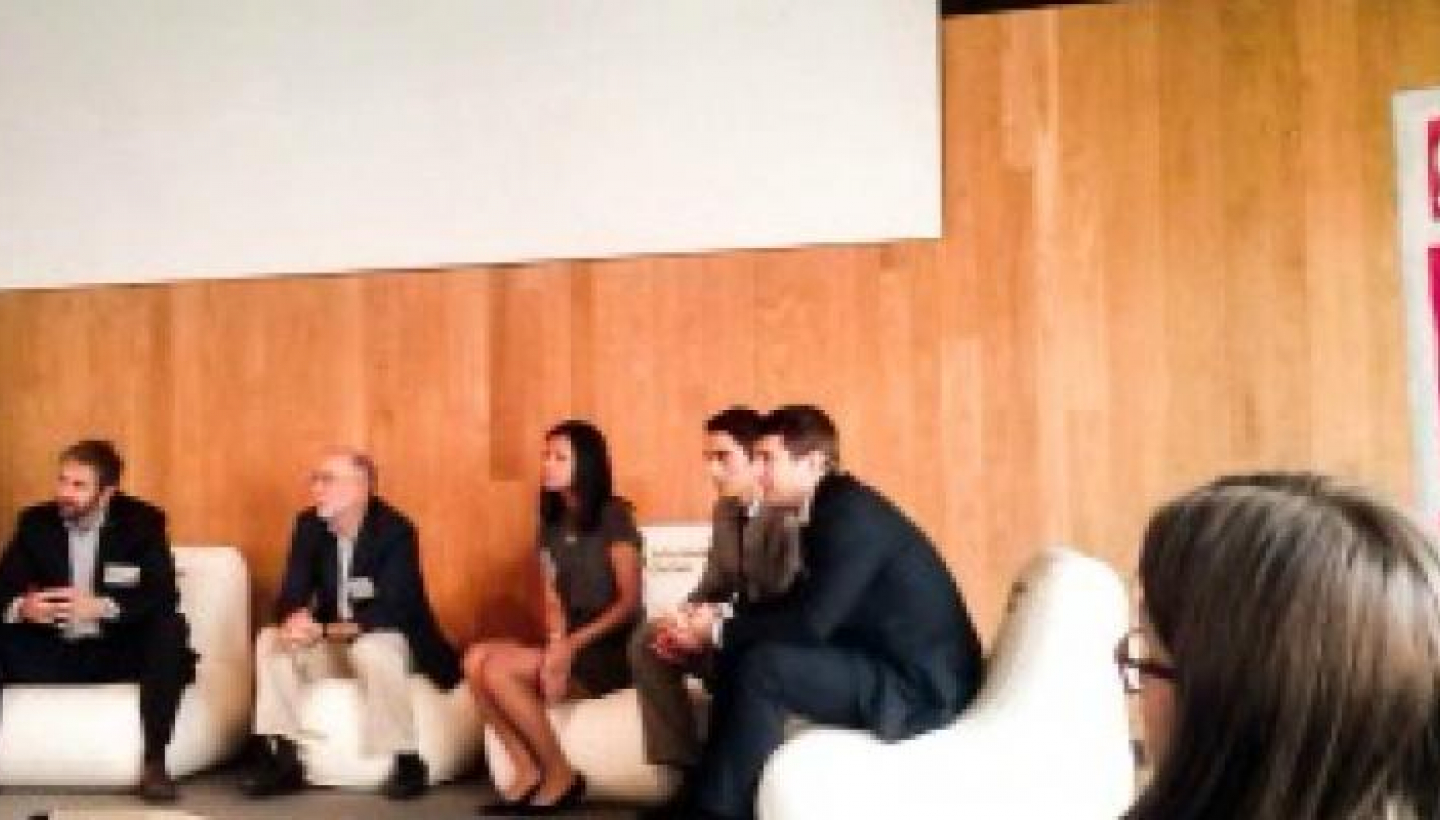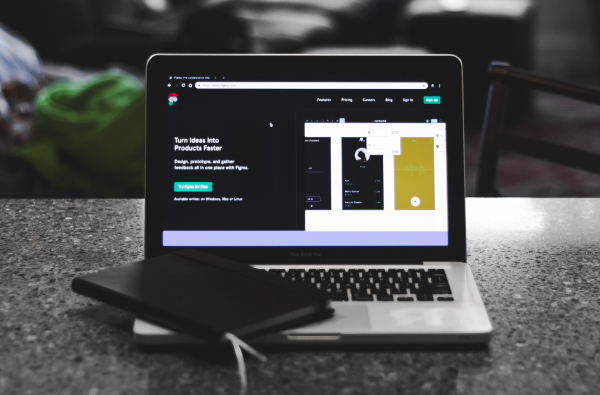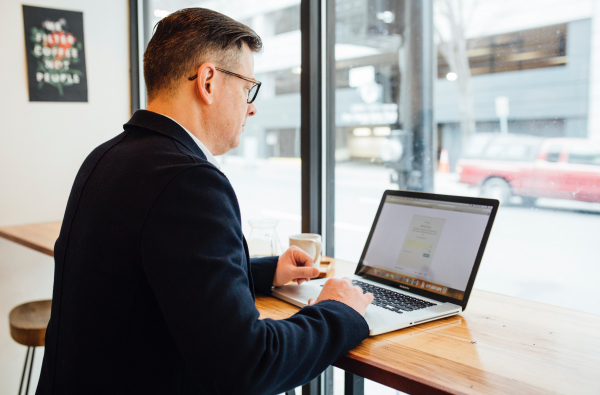Technology development has enabled interconnectivity between people. In this context, the social healthcare communication agency SC Salud y Comunicación and Intermón Oxfam organized the second Social Good Summit conference on September 24th and 25th in Madrid. "The goal is to discuss the needs of the world and how we can find solutions for them," explained Irene Tato, director of SC Health Communication at Opinno the day before the event. In the past two days, more than 30 speakers, 50 participants and 200 guests related to the area of healthcare were embraced to discuss how advances in health are changing the world, demonstrating dynamic presentations and holding discussions on various topics.
One of the leading trends in healthcare is eHealth, an improvement in healthcare and the exchange of information among health professionals. That is why, on the morning of September 25th, "Advances in E-health," was discussed by seven speakers who presented how it has helped health development:
• Santiago Hors (CEO and expert in health games at Salud Media): developing technological solutions to respond to problems.
• Frederic Llordachs (Founder of the online medical appointment platform Doctoralia and director of the Health 2.0 meetings in Barcelona since March 2012): with promoting, educating and catalyzing new technologies in health and creating a revolution of healthy citizens after being introduced to 500 technology companies worldwide and 70 new cities that holding Health 2.0 meetings.
• Manuel Bayona (Director of Management at the University Hospitals of Granada, Virgen de las Nieves and San Cecilio): making adjustments and removing what is superfluous in order to give quality health service. Grenadian hospitals offer a list of services that have connected over 500 workers. To Manuel, "the power of innovative thinking becomes stronger when professionals have the opportunity to put it into practice."
• Miguel Ángel Llamas (Director and partner at Empireo Diomune): advocating for a communication and health union. Miguel Ángel has identified the problems that existed in popular science, such as effective communication, the cost of disclosure, the need for specialized professionals, political sensationalism, and lack of time. Coincidentally, Miguel Ángel came to the same conclusions that were stated a week before at the Encuentros Materia "Saving the Science" meeting (Salvamos la ciencia), confirming the point of view of the majority of scientists in regards to health communication.
• Angie Herrera (health consultant at Across Health 2.0): presented Campus Sanofi and explained the keys to successful web portal communication: interaction and collaboration, exclusive content, and diversity.
• Carlos H. Salvador (Director of the Telemedicine Research Unit and e- Health at the Carlos III Health Institute): detecting useful tools in more than 96 R & D& I projects and studying the effectiveness of health ICT installed in households (TA2G Project).
• Monica Moro (Wikisanidad Administrator): "Wikisanidad is the spin off in Spain," she said through a video on Wikisanidad. A tweetups file with 231 issues addressed in 77 debates. The contents are classified as: fixed or twittosphere classics, a clearing house for information on Health 2.0 activities, and dynamic efforts.
After a round of questions, all of the speakers agreed on the commitment to science and the advancement of health through technology. Other topics in the Social Good Summit sessions were "Patient Empowerment Through Technology", "People Change, Change Communication" and" Active Citizenship or Chaos." The second time the event was a hit with the audience:
(Fuente: SC Salud y Comunicación)



